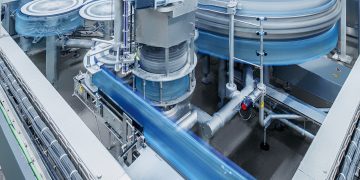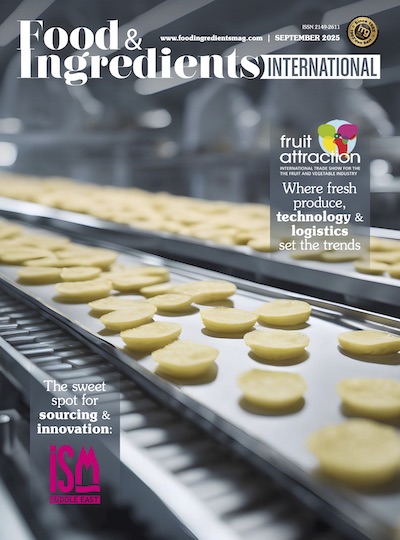Big Data and AI can provide unique insights into a wide variety of processes. For this reason, these technologies are increasingly embraced in almost every industry. This trend extends to the food industry, where they can be utilized at several stages to improve the production and sales processes.
When looking at the food supply value chain, beginning with the initial stage of growing the raw food ingredients, AI and Big Data can be used to enhance and improve processes, for example, by aiding the development of new crop varieties. These new varieties can help solve issues with food production, such as creating crops with disease tolerance, crops that require fewer resources and produce higher yields, or even textural or taste preferences driven by consumer demand such as seedless grapes or sweeter fruits.
By utilising AI alongside modern, cutting-edge technologies, we are able to convert Big Data into one common language, making it possible to gather and process vast quantities of data from a range of sources, including research trials worldwide. These can then be used to generate science-based, actionable insights and functional crop models that can be implemented at field-level. Whether this is providing intelligence on field trial management, optimal fertilizer quantities, or ways of minimizing the spread of certain crop diseases, these insights help drive better decisions, facilitate more sustainable farming practices, and enable new product innovations that have positive effects on the rest of the food supply value chain.
Why are Big Data and AI valuable to those in the food industry?
Efficiency is vital to any industry to keep costs low, protect profit margins, and compete in globalized markets. For the food industry specifically, Big Data can be used from the outset to optimize production of raw ingredients. Big data can be processed and analyzed to create dynamic crop models founded on scientific-based insights, helping farmers to achieve substantial benefits in terms of yields, crop quality, and sustainability. For example, it can be used to ensure food manufacturers are either growing or sourcing high-quality crops, and that the yield is high enough to meet production requirements for the end products while at the same time being sustainably produced to lower agriculture’s carbon footprint. With greater efficiency, farmers can maximize crop production, therefore reducing the price of the raw ingredients and creating a ripple effect throughout the rest of the food supply value chain.
How are AI and Big Data improving sustainability within the food industry?
Sustainability is the focus of the century, with businesses and individuals alike trying to better their practices and achieve a more sustainable way of living. This is driven by both consumer demand and government incentives and is a core focus within the food industry. Big Data and AI enable data-driven insights that inform decision-making across the food supply value chain around sustainable farming and production practices. Leveraging Big Data and AI make positive change for greater sustainability not only something we can quantify and measure but also ensure that positive change scales with the needs of feeding a growing world population.





















